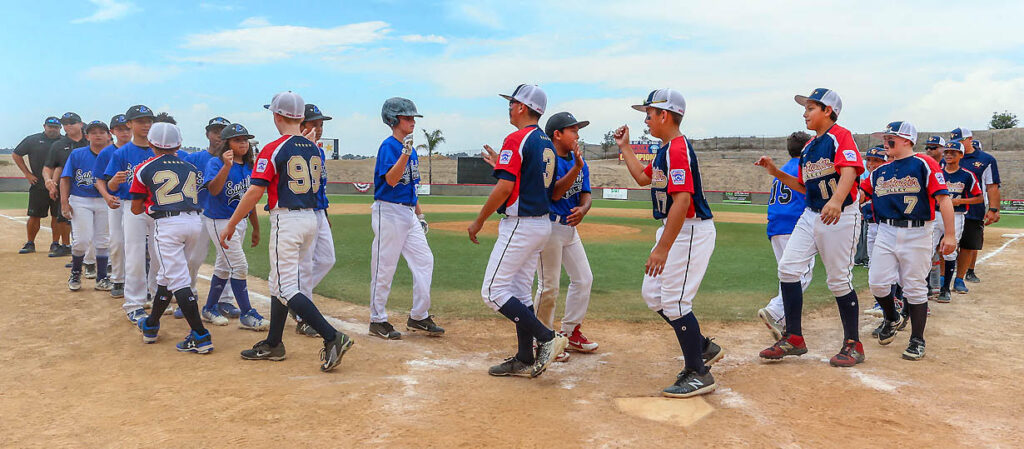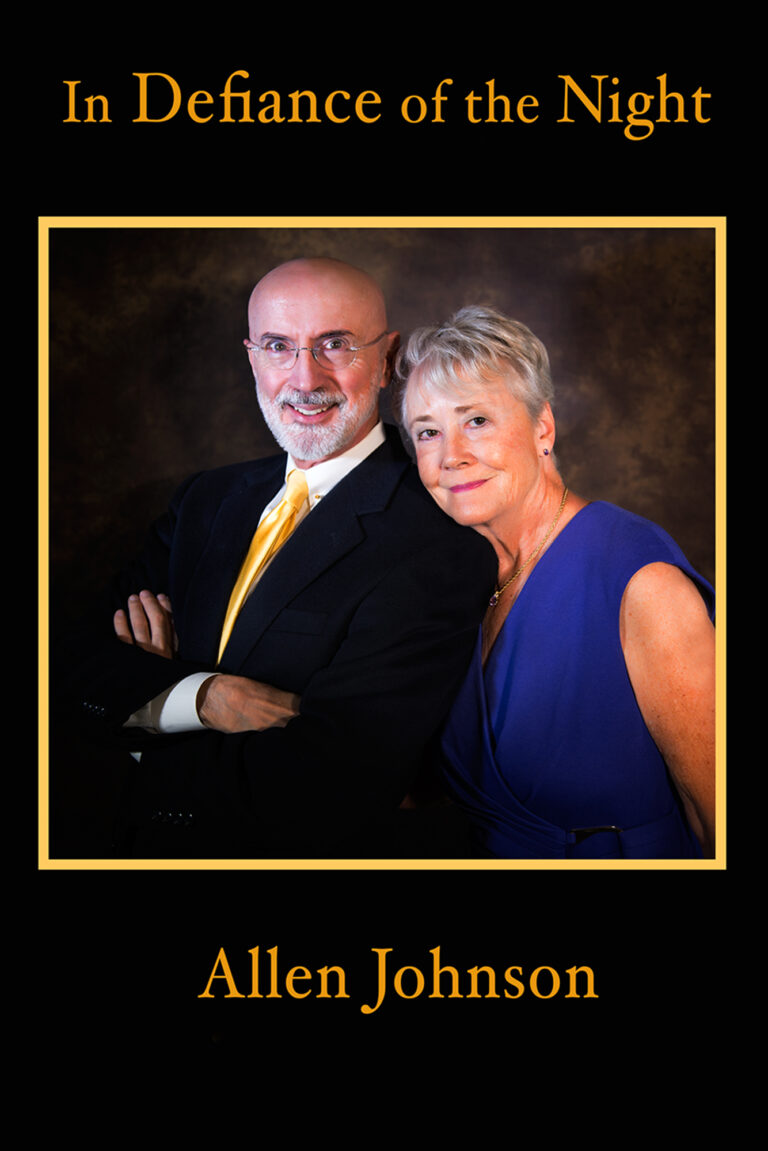Digging into the batter’s box, I tapped my sneakers one by one, then measured the outside border of the plate with the tip of my bat. I spat a single sunflower seed, raised my right elbow, and waited for Larry Avery’s legendary fastball. He screwed the ball into his mitt, wound up, and hurled a rocket directed at my head. In a flurry of arms and legs, I sprang from the box.
It was not a fastball. It was a curveball, and it swept across the plate like a racecar slipping off a banked corner and into the lead.
“Strike one!”
I was embarrassed . . . humiliated . . . mortified. I crouched, fisted a clod of dirt, sanded my hands, and eyeballed Avery. The smirk on his lips wreaked of satisfaction and spite.
On the next pitch, I was statuesque. He could bean me with a wild throw, but I was not budging. His curveball had worked so well, I figured he’d sling the same roundhouse but with more speed.
Again, the ball ripped from Avery’s hand on a direct path to my head. I waited a split second as the rock curved toward the plate. The anticipated arc so surprised me my swing was late. Still, I whacked the ball with the fat part of the bat. The right fielder turned and sprinted toward the tall poplar trees. When I rounded first base, the line umpire said, “Looks like a home run.”
In my entire Little-League career, I had never hit a homer. This was my big chance. When I tagged third base, I looked over my shoulder. With the ball in hand, the second baseman reared back. It was now or never. I raced for home and slid hands first across the plate. The world hushed. A billow of sand shrouded home plate. I gaped at the umpire—eyes wide, hopeful, pleading.
The ump threw his thumb into the air and cursed. “You’re out!”
Head down, shoulders slumped, I slogged to the dugout. No one said a word. No one slapped my back or swatted my butt. And I waited for the earth to rupture and devour me out of charity. But nothing happened.
We lost that game. As team captain, I led the boys of summer onto the field to shake hands with every player on the opposing team. Every player.
The tradition was in our blood. We knew it was the right thing to do. If we had scorned our duty, we would have been berated, reviled—by ourselves and others—as whiners, spoiled brats, and sore losers. To snub our opponents was unconscionable and inconceivable, as abhorrent as intentionally “stepping on a crack to break your mother’s back.”
I internalized that lesson years earlier—surely by the time I was five or six.
Which makes me wonder. If a boy on his darkest day can gather the courage to do the right thing, shouldn’t any corporate executive or any political heavyweight old enough to have hair sprouting from his ears be guided by—and held to—the same principle? It only seems right.


